W.I.N. Wednesday: You have to figure life out for yourself.
The following is an excerpt from the book The Power of Awareness: And Other Secrets from the World's Foremost Spies, Detectives, and Special Operators on How to Stay Safe and Save Your Life by Dan Schilling and it holds an important message for all of us.
“The one thing I’ve taken away that was central to Siddhartha Gautama’s (the man who came to be known as the Buddha) teachings was, “Don’t take anyone’s word for it. You have to figure life out for yourself.””
It is important that we continually read broadly and deeply, listen actively, and learn from others. It is important that we spend time in reflection to learn from our own thoughts and experiences. It is important to have mentors, coaches and guides in your life who can help you navigate the complexities and chaos in today’s world. You get to decide however, what to read, who to listen to, what you take away from your experiences and the experiences of others.
Having said all that, it is important to understand that you have to figure life out for yourself. No two humans are exactly alike. No two lives are the same. No one else can tell you how to live your life, although many people will try to do just that. The best any of us can do is share principles, concepts, knowledge, insights, and our experiences. The key then is for you to take that information, put it through your filter and then figure out if, and how to apply it to your life, if that is appropriate.
“Adapt what is useful, reject what is useless, and add what is specifically your own.”
Bruce Lee
There is no “one way” of eating, working out, meditating, or living. We all need to figure out what works for us, given our lives, and the resources we have. The power of What’s Important Now? is the diverse ways it can be applied to help each of us navigate our own life.
What’s Important Now? You have to figure life out for yourself.
Take care.
Brian Willis
www.lifesmostpowerfulquestion.com.
ONE QUESTION BRINGING FOCUS AND CLARITY IN THE CHAOS AND COMPLEXITY OF TODAY'S WORLD.
If you found value in this post please share this with your friends, family and co-workers.




















